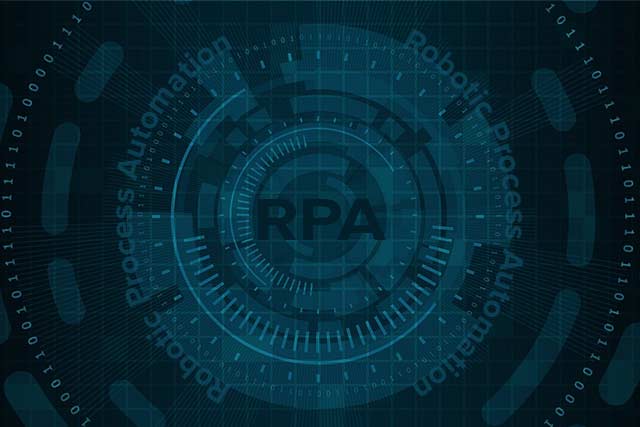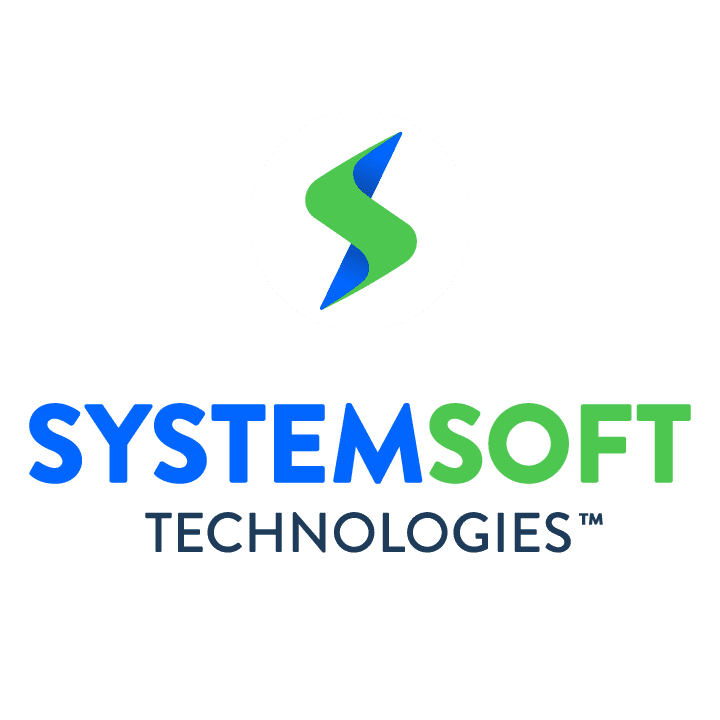Presented by
Stephen Moritz, Chief Digital Officer and Raj Patil, RPA Practice Lead
About this talk
5 Fast and Smart Ways to Get Real Value from Your RPA Investment
The current economic landscape puts business leaders in a predicament: They must hit revenue goals under challenging conditions with less staff. As economic contraction pushes businesses to rely on bot automation, the need to effectively implement and/or scale Robotic Process Automation projects intensifies. But often, there is a lack of capacity and capability to do so.
Achieving a cost-effective bot automation implementation requires that a company’s strategic goals must shape the contours of its deployment. Now is not the time for a limited and ineffective commitment to RPA-driven automation. A recent Forrester survey shows up to 80% of RPA programs do not hit ROI targets because companies get stuck after deploying just a few bots. And, for those that commit to broad RPA programs, Deloitte says longer-than-anticipated bot implementations have delayed ROI.
For those that have not started leveraging RPA, there are questions as to where to begin. Others that have begun their RPA journeys are looking for ways to avoid problematic implementations and leverage best practices to scale.
During this webinar, we will share insights with business and technology leaders who must find RPA success and realize optimal ROI now. Our focus will be on the top five reasons RPA efforts fail and how to proactively mitigate risks and overcome challenges for each. Consider:
- Failure #1: Improper technical and infrastructure setup
- Failure #2: Inadequate implementation of a Center of Excellence concept or Operating Model setup
- Failure #3: Not following bot development and implementation of best practices
- Failure #4: Lack of skills and integration with IT strategy and resources
- Failure #5: Unclear strategic vision and evangelization of RPA
We will also cover our QuickStrike Assessment approach, which provides a rapid review of current plans and a defined path forward for remediation and ROI optimization.

